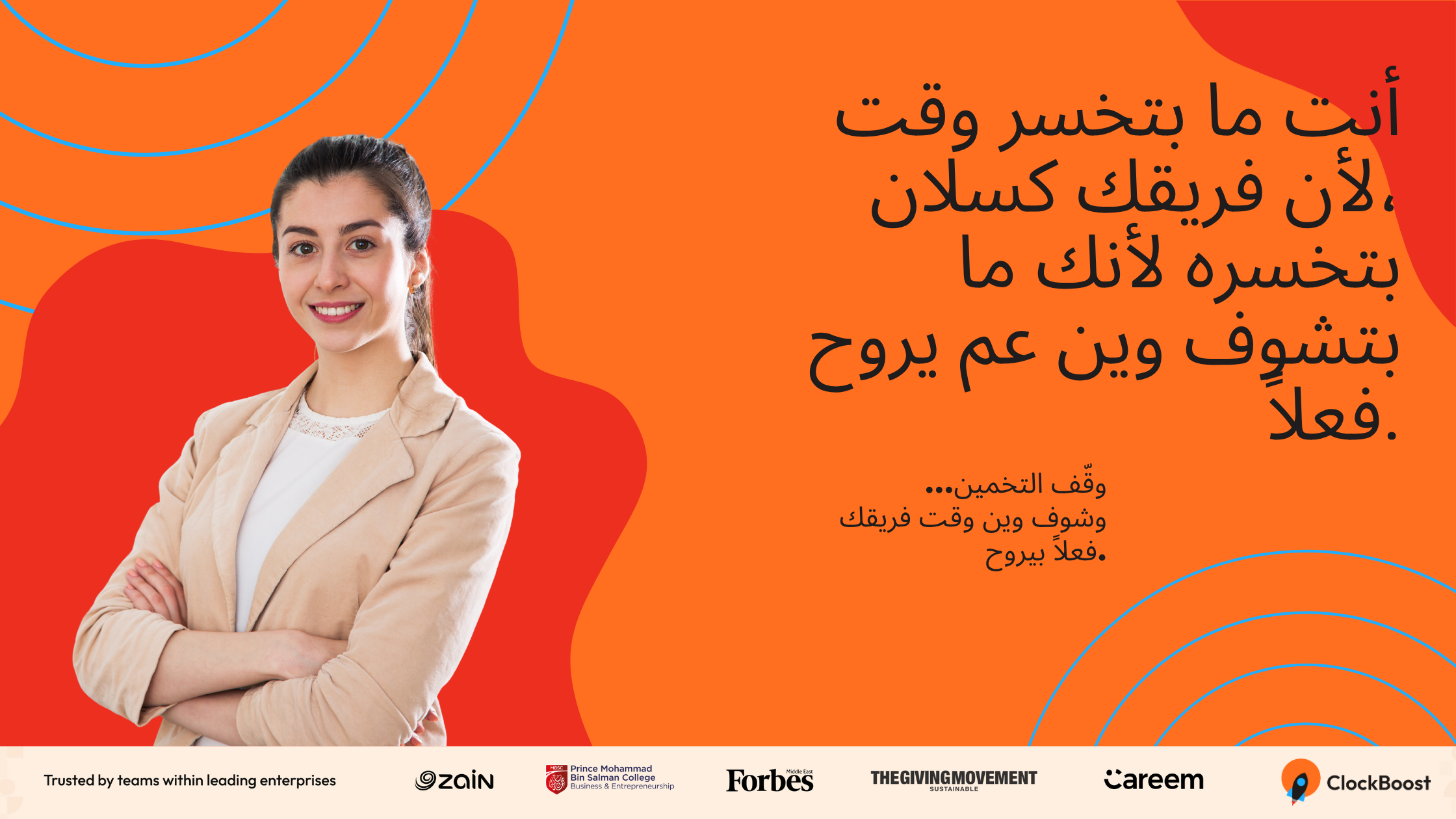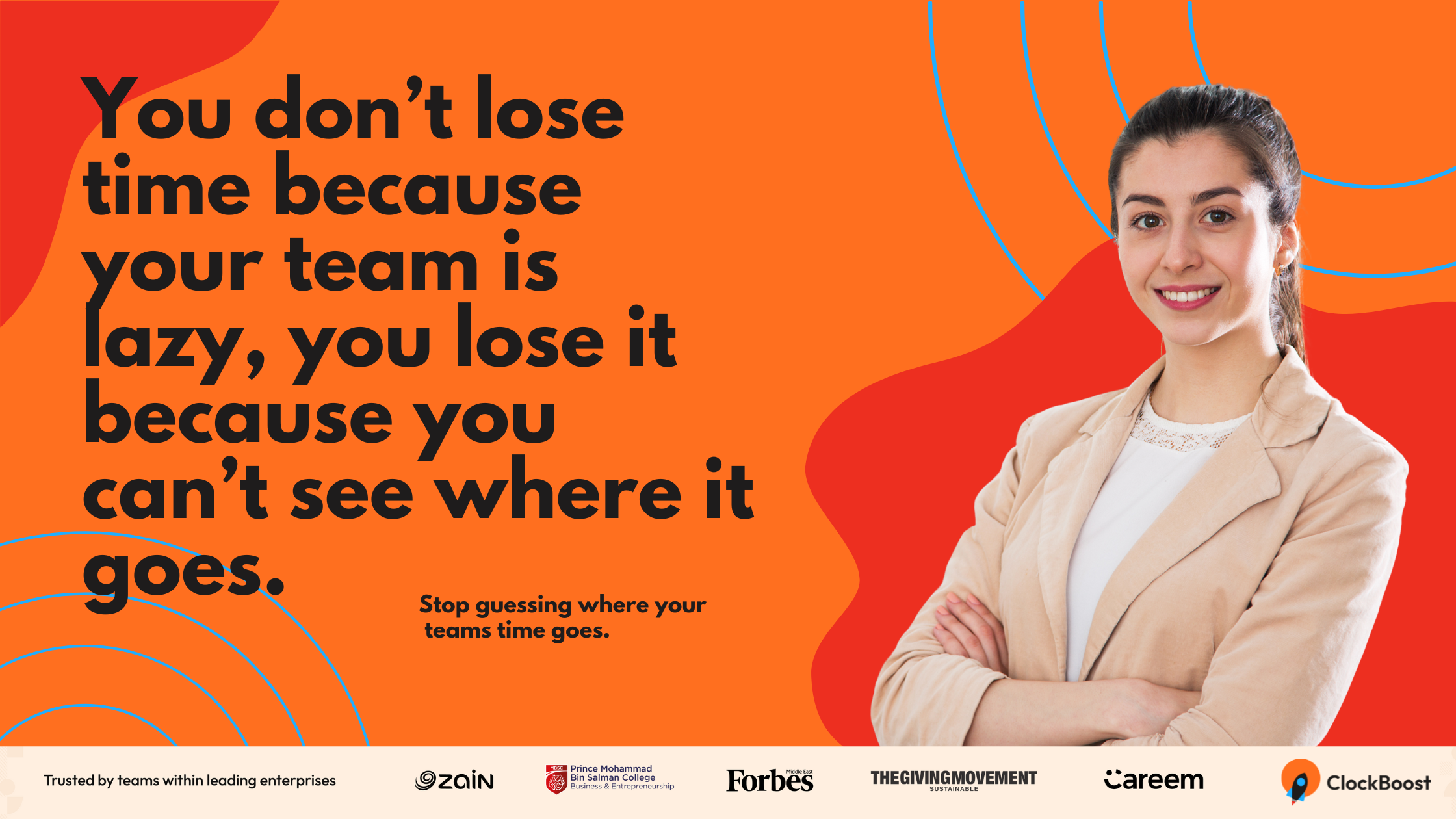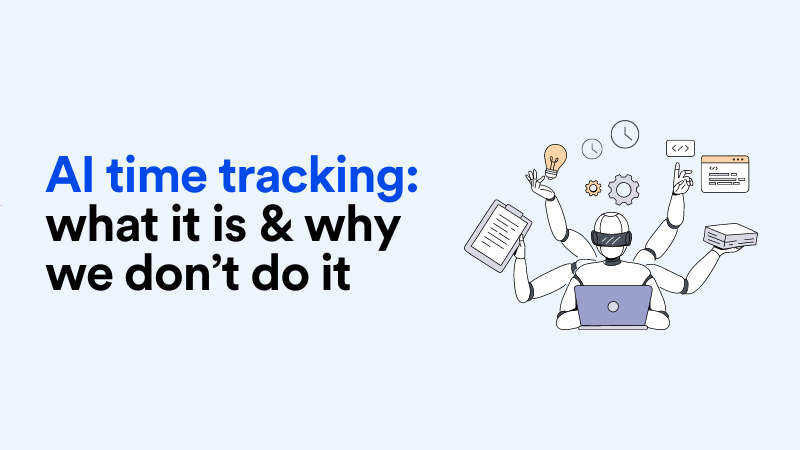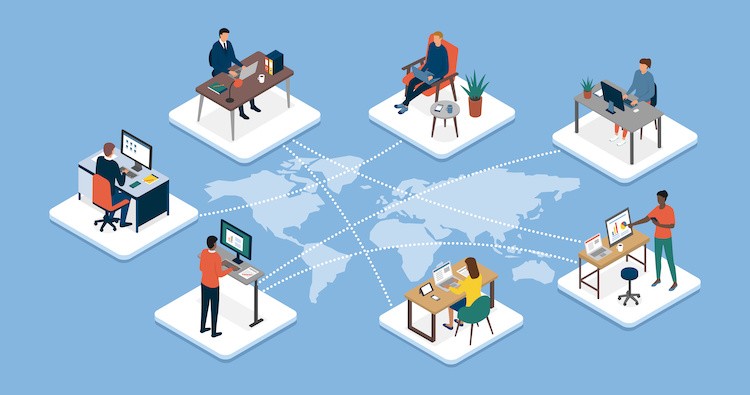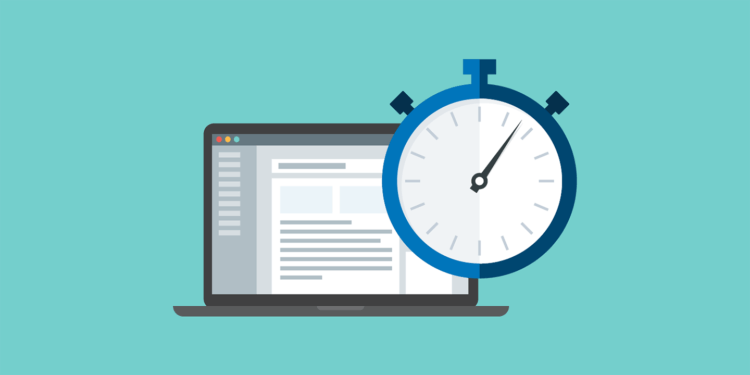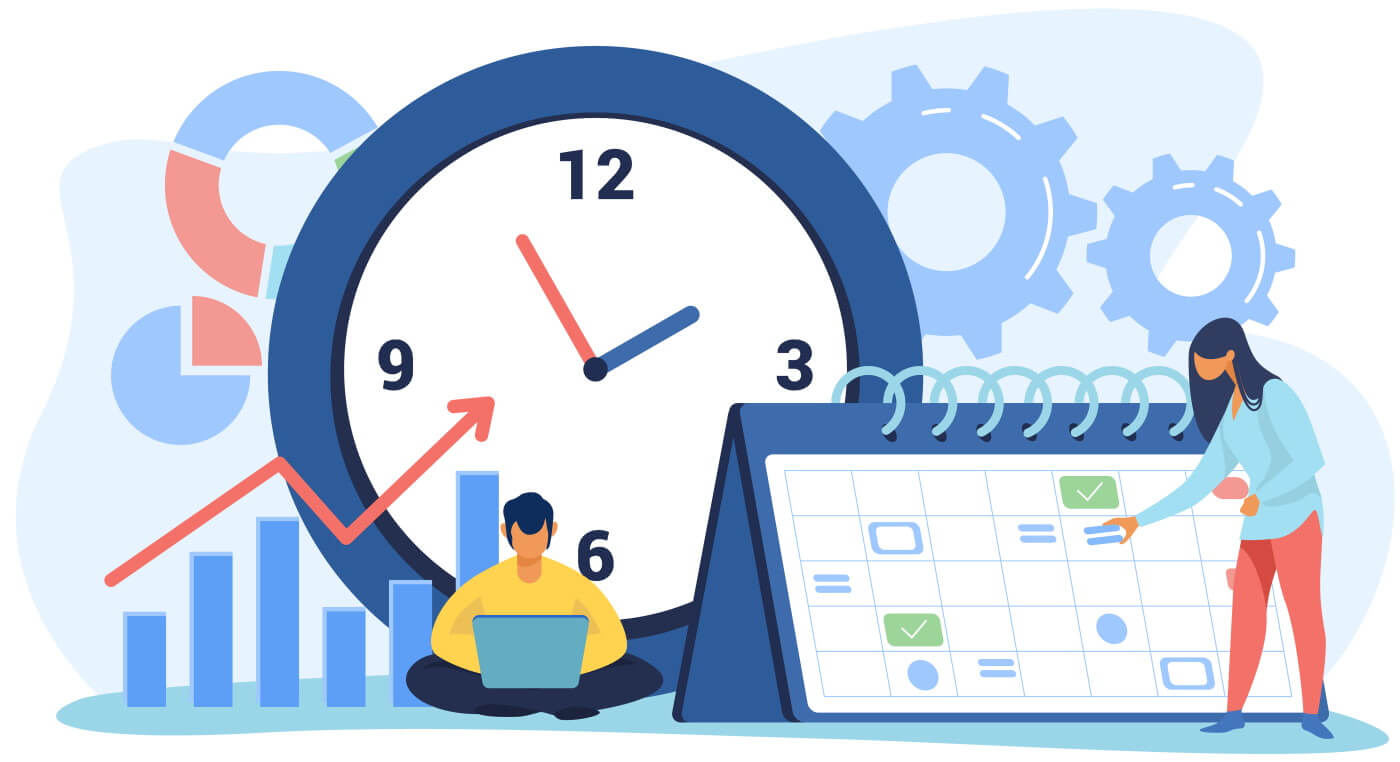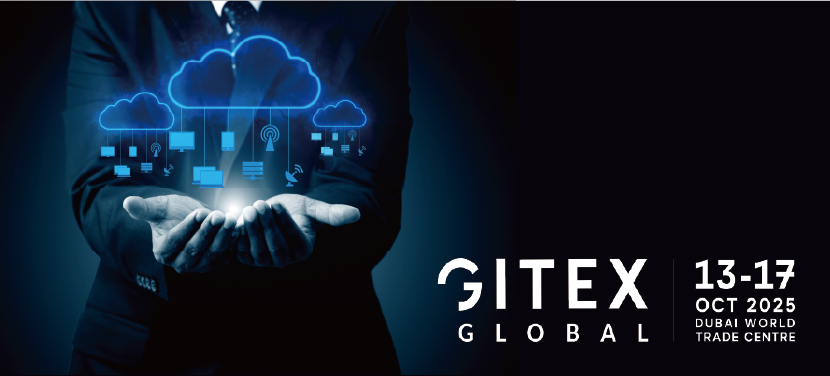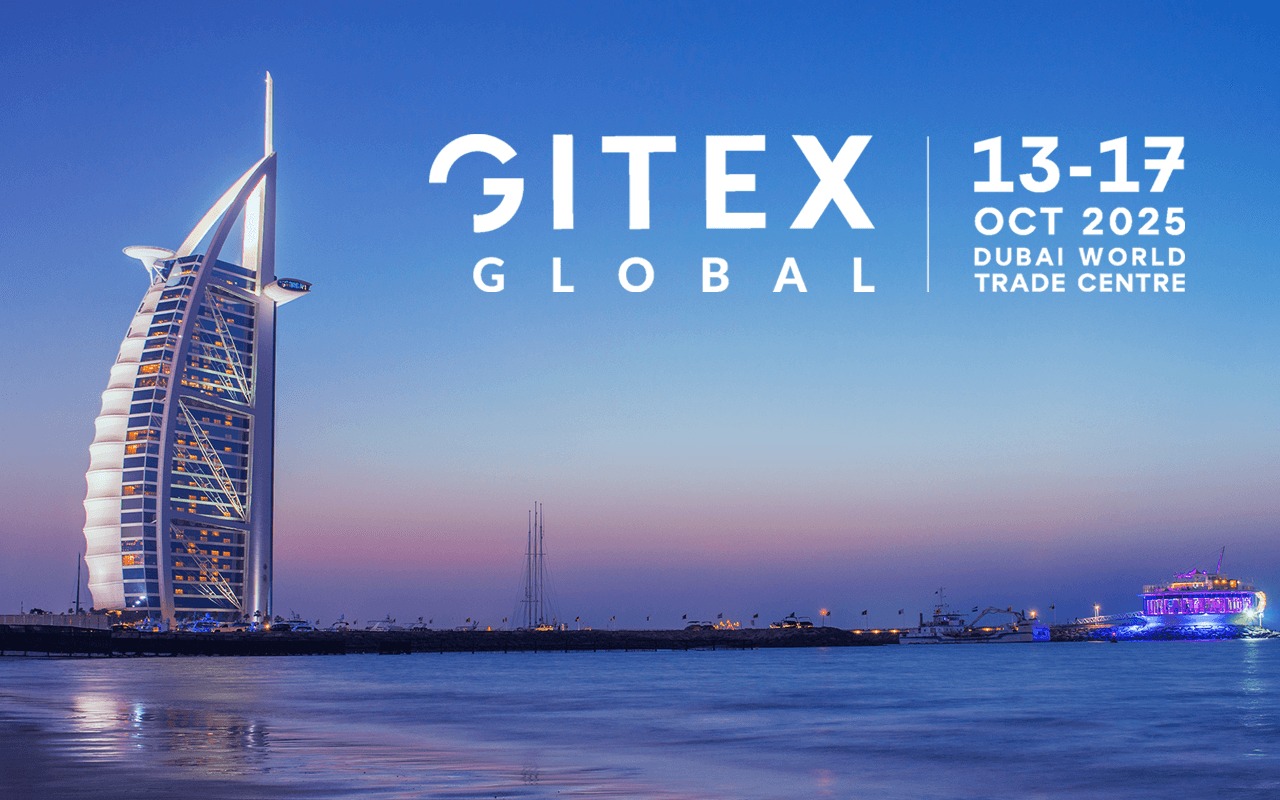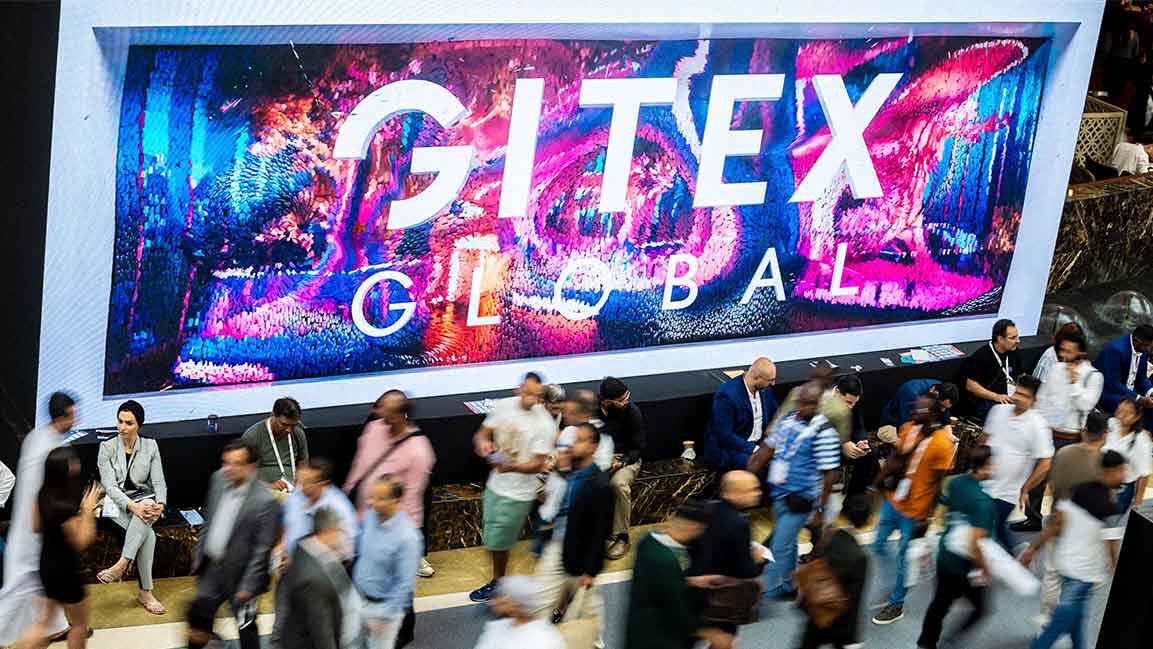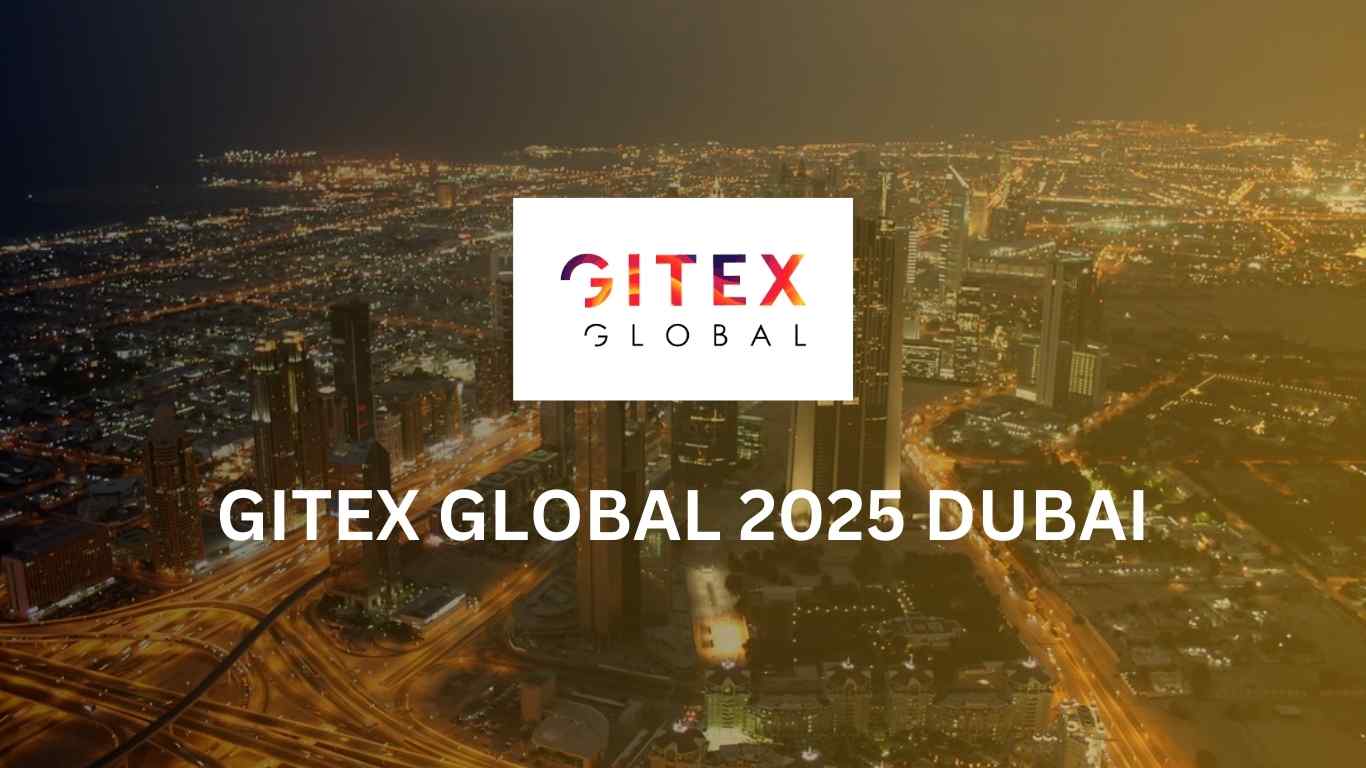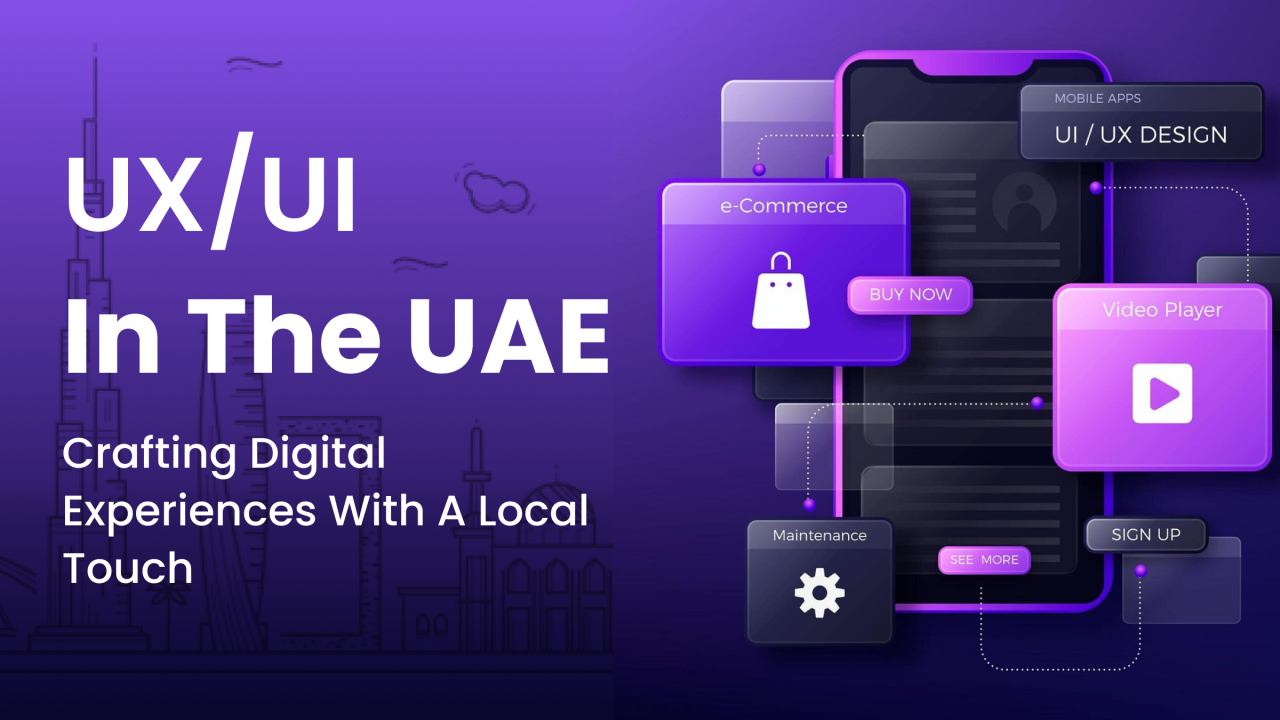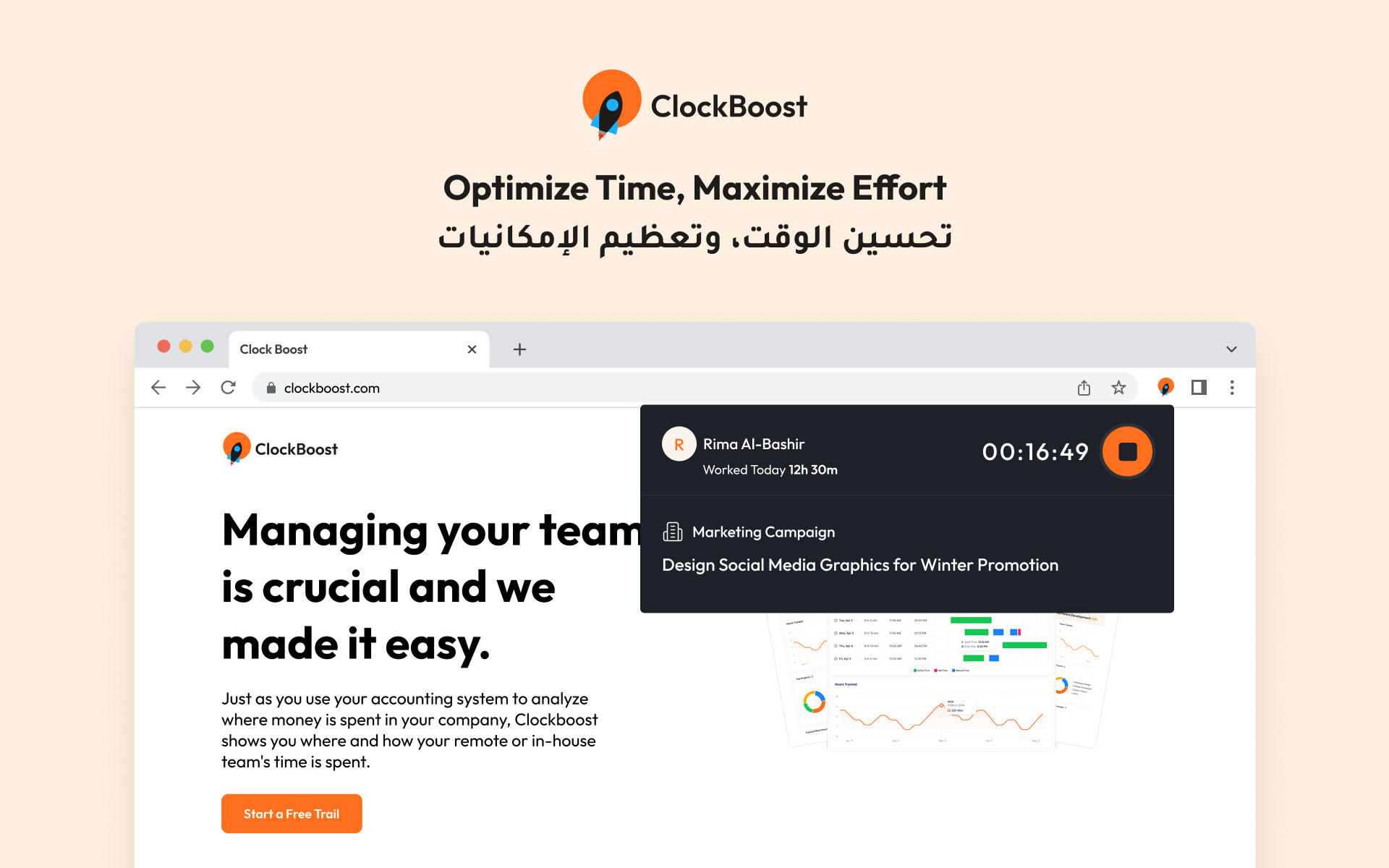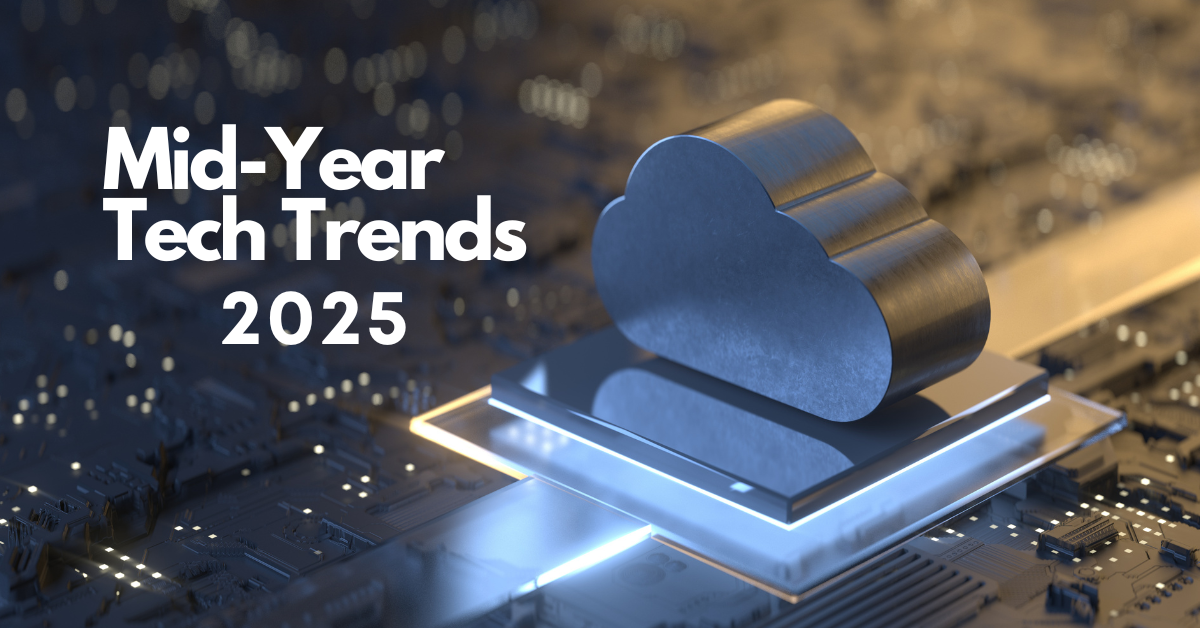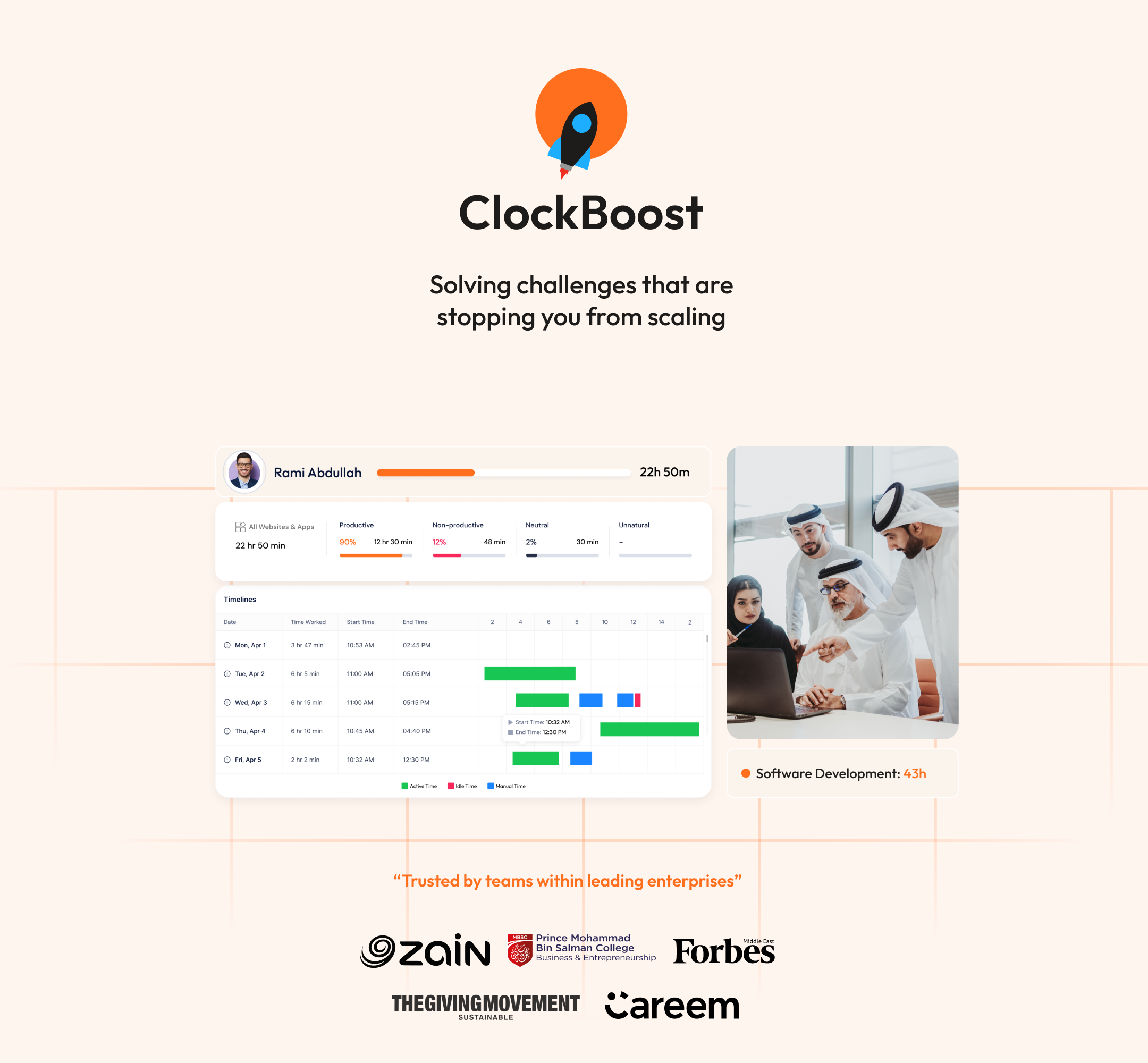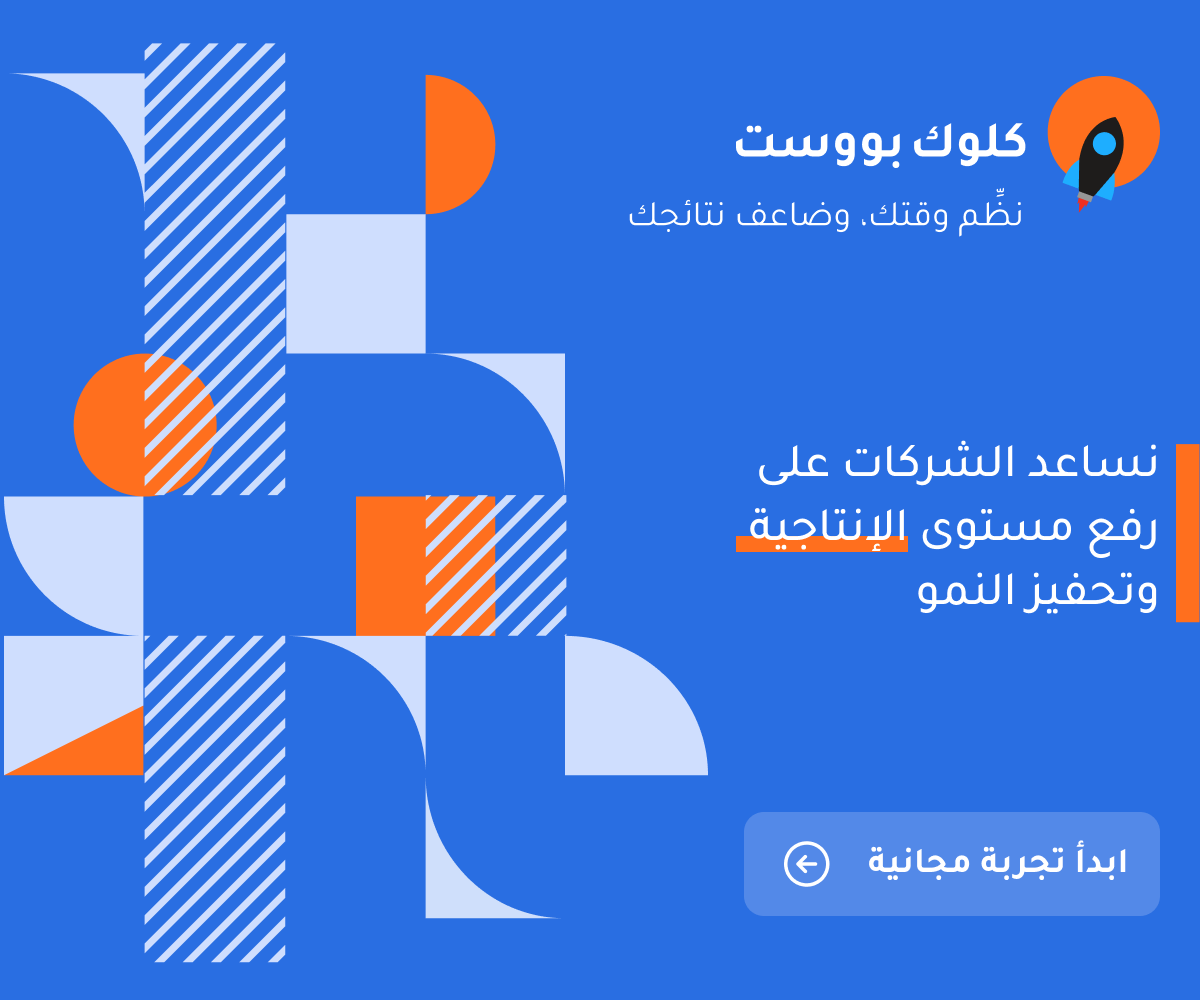
AI-Powered Time Tracking: Smarter Workflows for Hybrid Teams in the GCC
Hybrid work has become the defining model for many Gulf-region companies. From startups in Dubai to enterprise tech teams in Riyadh, leaders are balancing remote flexibility with the structure of office life. But with that flexibility comes complexity, tracking productivity fairly, managing distributed workflows, and ensuring no one feels left out.
This is where AI-powered time tracking is stepping in. Unlike traditional tools that rely on manual input or rigid oversight, AI-based systems deliver accurate, real-time insights into how teams work without micromanagement. For hybrid teams in the GCC, this shift is helping leaders build smarter workflows that balance performance, transparency, and trust.
1. Why Hybrid Teams in the GCC Need AI Time Tracking
Hybrid setups are powerful but complex. Employees may split their time between office and home, while managers need visibility across both settings. The old way of tracking manual timesheets or rigid monitoring creates more problems than it solves.
Here’s why AI time tracking is the better fit for Gulf hybrid teams:
- Accuracy without friction: Employees don’t need to log hours manually; AI systems capture activity automatically.
- Fairness in measurement: Output and engagement are tracked consistently across remote and office work, reducing bias.
- Privacy-first insights: Modern AI tools respect data laws in the Gulf and focus on patterns, not surveillance.
- Adaptability to flexible schedules: Teams with staggered hours across Saudi Arabia, the UAE, and beyond can still stay aligned.
In short, AI helps hybrid teams move from “Are people online?” to “Are we achieving our goals efficiently?”
2. How AI-Powered Time Tracking Works
AI time tracking isn’t just a digital stopwatch it’s a smarter system that learns and adapts.
- Automatic activity capture: AI detects when work is happening, classifies apps or tasks, and eliminates manual logs.
- Idle-time detection: Instead of punishing breaks, AI identifies patterns of disengagement or distraction so leaders can adjust workloads.
- Contextual labeling: Projects and tasks are automatically tagged, giving leaders visibility into how time is spent across different workflows.
- Integrated dashboards: AI pulls insights from tools like Jira, Trello, or Google Workspace to show the bigger productivity picture.
The result: teams spend less time reporting and more time delivering.
3. Benefits of AI Time Tracking for GCC Hybrid Teams
For Gulf organizations, AI-driven time tracking isn’t just about efficiency it addresses deeper cultural and operational needs.
1. Smarter workflows. AI highlights inefficiencies like excessive context switching or overlapping meetings, helping leaders streamline processes.
2. Fair evaluation. In hybrid setups, office presence often gets mistaken for productivity. AI levels the field by showing output and focus, not just face time.
3. Data-driven planning. By analyzing past patterns, AI helps teams forecast workloads, allocate resources, and set realistic deadlines.
4. Compliance with Gulf regulations. AI tools like ClockBoost are designed to respect PDPL and DIFC data protection laws, ensuring employee data is handled responsibly.
5. Employee empowerment. With transparent dashboards, employees can see their own productivity patterns and make adjustments, turning time tracking into a tool for self-improvement, not just oversight.
4. Addressing Trust & Privacy Concerns
For hybrid teams in the Gulf, privacy is a non-negotiable. Employees must know that time tracking is there to support, not to spy.
Leaders should adopt tools with:
- Role-based access controls so managers see only what’s relevant.
- Optional screenshots used for accountability, not surveillance.
- Aggregated reporting that focuses on trends, not individual keystrokes.
This transparency builds trust, crucial for hybrid cultures where autonomy and flexibility are valued.
5. How ClockBoost Powers Smarter Hybrid Workflows
ClockBoost is designed to bring AI-powered time tracking into Gulf hybrid teams seamlessly:
- Automatic tracking online & offline captures work across devices without manual logging.
- AI-powered dashboards surface insights on idle time, focus, and productivity trends.
- Integrations with tools like Jira, Asana, GitHub, and Google Workspace connect activity data to real outcomes.
- Privacy-first compliance ensures data meets GCC standards, respecting local laws and employee trust.
- 3-month free trial lets teams experience the benefits without risk.
For leaders balancing hybrid dynamics, ClockBoost turns time tracking into a strategic advantage.
Conclusion: The Future of Hybrid Productivity in the GCC
As hybrid work continues to expand across the Gulf, the winners will be companies that embrace smarter, AI-driven workflows. Manual time logs and rigid monitoring are relics of the past. AI-powered time tracking is about insight, fairness, and continuous improvement values that Gulf tech teams need to thrive in 2025 and beyond.
ClockBoost helps leaders strike a balance: transparency without intrusion, flexibility without chaos, and productivity without burnout. For GCC hybrid teams, it’s not just about tracking time it’s about building the smarter workflows of the future.




